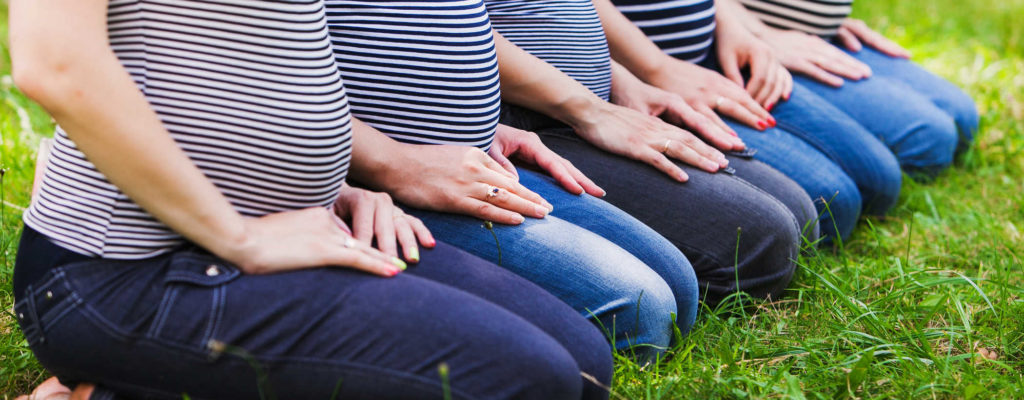
While pregnant, you may find that you have no control over your bladder. You may feel your body urinating when you cough or laugh or feel strongly emotional. Don't be ashamed because this is completely normal.
There are a few things you can do to have better bladder control.
1. Kegel exercises
Kegel exercises are very important. You should do 30 kegels a day.
The purpose of this exercise is to strengthen the muscles around the vagina and to increase the ability to control and relax these muscles. This will help prepare your body for labor and help speed up postpartum recovery.
To learn how to feel the muscles, stop and continue on the toilet while on the toilet. Practice makes your sitting, standing, walking, driving and watching TV activities easier.
Try to squeeze a little at a time, like you are slowly taking the elevator up to the tenth floor, then relax very slowly a little at a time.
Try to tighten the front to back muscles including the anus (rectum) as in the exercises above. You can do the exercises every morning, afternoon, and evening (three times a day), starting with five times and gradually working up to 20-30 each.
2. Weight control
Keep moderate weight gain during pregnancy as extra weight puts extra pressure on your bladder during pregnancy.
3. Bladder training
Take control of your bladder by making it a habit to pee every 30 minutes before you really feel like going and then try to extend the time between each bowel session each day.
4. Avoid constipation
Try to avoid constipation during pregnancy so that your bowels don't put any extra pressure on your bladder. You can eat plenty of fiber to avoid constipation during pregnancy.
5. Drink plenty of water
Drink at least eight glasses of water a day. Cutting down on water intake can make you more susceptible to dehydration and urinary tract infections. Don't cut back on water just because you are afraid of urinating a lot or urinating.
6. Avoid beverages with stimulants
Avoid coffee, citrus juices, tomatoes, soft drinks, and alcohol - all of which can irritate your bladder and make bladder control more difficult.
7. Use tampons
Padding pads can help absorb the leaked urine. You should not use tampon tampon tampons because it will block urine and pregnant women should not use these during pregnancy.
8. Cross your legs
Use the cross legged Kegel exercise when you feel the need to cough, sneeze, or when you are about to laugh or lift something heavy.
If the incontinence does not improve, contact your doctor for prompt advice and treatment.












